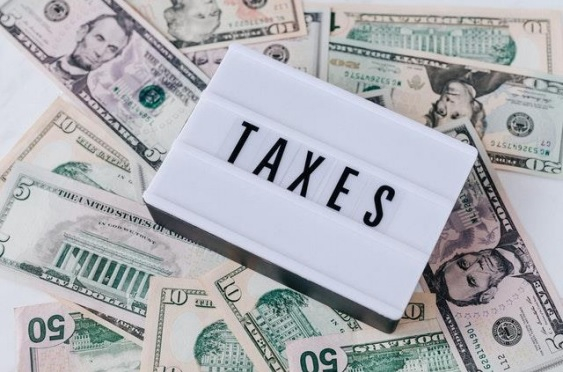
 Data Structure
Data Structure Networking
Networking RDBMS
RDBMS Operating System
Operating System Java
Java MS Excel
MS Excel iOS
iOS HTML
HTML CSS
CSS Android
Android Python
Python C Programming
C Programming C++
C++ C#
C# MongoDB
MongoDB MySQL
MySQL Javascript
Javascript PHP
PHP
- Selected Reading
- UPSC IAS Exams Notes
- Developer's Best Practices
- Questions and Answers
- Effective Resume Writing
- HR Interview Questions
- Computer Glossary
- Who is Who
What is Kiddie Tax and how does It work?
Individuals under the age of 19 or full-time students under the age of 23 who are considered to be dependent are subjected to the Kiddie Tax law, which is a special tax legislation enacted in 1986 to deal with investment and unearned income tax.

Key Points Briefly
Kiddie tax restricts parents from dodging taxes by transferring huge amounts of shares to their children as value of gift or presents.
The unearned income over the maximum limit is taxed at income tax slab rate of the parent', rather than the lower child's marginal income tax rate, resulting in a higher tax bill for the parent.
This law is relevant for all children under the age of 18 and students who are considered dependent and below 23 years.
The kiddie tax is applied to the majority of unearned income received by a child and does not apply to the wages received by the child.
What is the Kiddie Tax and How Does It Work?
Kiddie Tax is imposed on a particular age bracket in the United States of America, those who are under 19 years and full-time students between 19-23 years. The children and individuals who are imposed Kiddie Tax have an unearned income that exceeds a level set of salary. It is designed as a preventive mechanism to stop parents from escaping the tax authorities and take advantage of their children by gifting them huge shares as presents.
Example of Kiddie Tax
Unearned income of the children that crosses the maximum limit as per the current will get charged at parents’ income tax rate, rather than child’ rate. This legislation by the IRS means that any income till $1,100 would be exempted from the rule. However, the moment it crosses $2,200, the rate is charged as per the guardian’ current income tax rate that could be as high as up to 37% unlike children’ rate that is Zero.
Who is responsible for paying the child tax?
Similarly, to the rest of the tax law, the child tax has become more complex over time. To provide an example, the original version applied to youngsters under the age of fourteen.
The regulations of today are much more complex. The kiddie tax is applicable to certain children under the age of 18 as well as some older children who satisfy extra eligibility criteria to apply.
Only unearned income is considered.
One aspect of the kiddie tax that has remained constant is the kind of income that is subject to it. The tax is solely applicable on unearned income, which may include any of the following sources of revenue −
Dividends in the ordinary course of business
Interest that is taxable
Gains on capital investments
Rents and royalties provide a source of income.
Benefits under the Social Security system
Income from a pension or annuity
Scholarships or fellowship awards that are deductible from income (if not reported on your Form W-2)
Unemployment benefits are a kind of compensation.
As a beneficiary of a trust, you may receive income.
Alimony
It's probable that if your kid has an after-school job, his or her earnings will be deemed earned income and will not be subject to the higher tax rate.
All eligible children and individuals must make use of Form 8615 along with 1040, at the time of filing their taxes.

